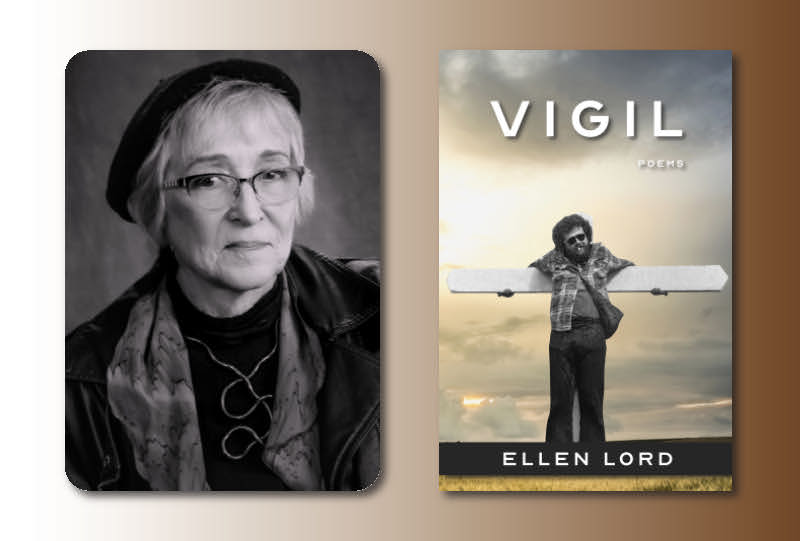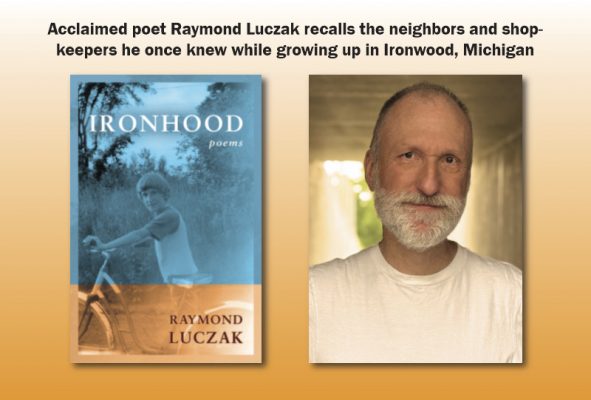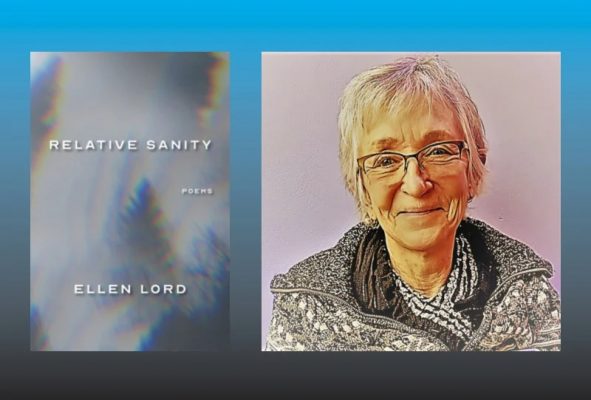Author Interviews
Ellen Lord on Her New Poetry Book ‘Vigil’
Ellen Lord’s new poetry book Vigil has just been published by the Modern History Press of Ann Arbor, MI.
Illustrated by artist Joanna Walitalo (Pelkie, MI), Vigil includes over 40 poems divided into four sections: “Desire,” “Thin Space,” “Shine,” and “God is Naked Love.” Together, they form a heartfelt tribute to family, community, and the endurance of love. – UPPAA
RTS had a chat with Ellen about her previous poetry book Relative Sanity a couple years back. We are happy to have her back for some Q&A about Vigil.
Vigil feels both intensely personal and deeply connected to northern Michigan. How do your surroundings shape the stories you tell?
I feel so fortunate to have been raised in the wilds of the Upper Peninsula. My parents were both teachers and I am the eldest of five. In many ways, I had a wonderful childhood but there were periods of time when we had a very troubled house. I assumed the role of ‘caretaker’ for my younger siblings early on and looking back, I was a rather anxious child. I struggled with stuttering in social situations and I took refuge in the natural world which became a lifelong habit. I learned to listen to the voices of the forest and observe nuances of weather and the seasons. I learned to be amazed by the power & beauty of our precious planet. I learned that writing poetry helped.
Your poems speak openly about loss but also about renewal. What gives you hope as both a writer and a person?
I absolutely love my life as an elder and am grateful for the lessons I am (often grudgingly) learning along the way. My god, what a ride! I believe that we all fall down and we all experience loss. The goal is to develop resiliency by asking for help and learning how to take care of ourselves and each other. I use writing to process my angst, my confusion, my despair and, of course, my joy. I love birthing a poem and I love interacting with the creative community.
You’ve said you’re drawn to the “thin spaces” between worlds. Can you share what that means to you?
As a child, I was deeply religious and immersed in strict Catholicism. But during my early college years, I journeyed into the realm of delicious and then heart-wrenching decadence; thus, becoming officially ‘lapsed’. I spent the next 25 or so years trying to figure out who I was, where I was going, etc. In essence, I felt lost much of the time and became a desperate seeker of spiritual knowledge. Be careful what you pray for, as the old adage goes! I was fortunate to become involved in twelve-step recovery programs and that has made a tremendous difference.
This leads me to my comfort with transcendentalism & Eastern philosophy. “Thin spaces” is a term the Irish have for that realm between earth and other knowing. I’ve always sensed the existence of this dimension….and find great comfort when I travel there. For me, the main portals are: exploration of nature and having a creative outlet. I believe in paying attention, moving my body, selective socialization, and the cultivation of solitude. The goal is to transcend longing (which always returns) and strive to develop a strong sense of belonging no matter where I am.
As a therapist and a poet, how do you see writing as a form of healing — for yourself and for others?
I am a storyteller and I love to listen to other people’s stories. I am honored to work with clients who just want to be heard—to be heard from someone who (hopefully) is a bit ahead of them on the journey to self-discovery. I believe in taking care of the soul. I believe in loving kindness and civility. I believe that we all need to be heard, respected, and loved. Art, writing, and creating in any form is a meditation. When we create and share it with another sentient being, we heal. At least, that is my prayer.
What do you hope readers in small towns and rural communities take away from Vigil?
Oh my, small towns and rural communities are such a fertile garden for tribal unity. People speak today about the epidemic of loneliness…. how they don’t feel seen or heard or loved. I find that moving through the risk of vulnerability—the fear of others seeing our flaws— helps us connect on a deeply soulful level. And that connection is the secret sauce.







